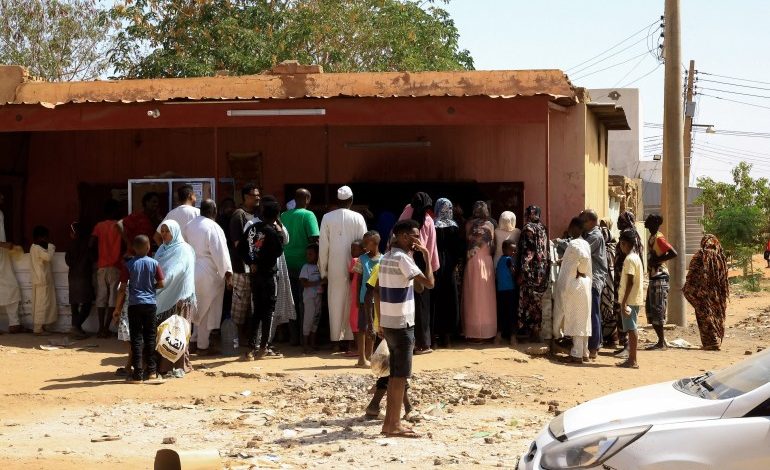FAO: imminent food catastrophe in Sudan

Sudan Events – follow up
The UN Food and Agriculture Organization (FAO) has sounded the alarm about the escalating food security crisis in the Sudan, urging immediate and collective action to avert an impending humanitarian catastrophe.
It pointed out that according to the newly released Integrated Food Security Phase (IPC) projections, 17.7 million people across the country, are facing high levels of acute food insecurity, classified in IPC Phase 3 or above (Crisis or worse) between October 2023 and February 2024.
It said the areas most impacted areas are located in states affected by high levels of organized violence, including Darfur states, Kordufan states and Khartoum – especially in the tri-city area of Khartoum, Bahri and Omdurman.
It argued that widespread violence has resulted in the displacement of 6.3 million people, including around 5.1 million who have been internally displaced and 1.2 million who sought refuge in neighbouring countries.
FAO added that the conflict has also inflicted serious harm and destruction on critical infrastructure, including healthcare facilities, schools, roads, power and water sources as well as telecommunications assets. Widespread looting of markets, banks, industries, and public buildings has led to an increased shortage of essential services, food and non-food items across the country, further worsening the fragile food insecurity and malnutrition situation.
“In the face of alarming food security challenges, FAO stands unwavering in its commitment to support Sudanese rural communities. The urgency is clear, and our dedication is resolute, but the road ahead demands more funding to sustain our vital support,” said Hongjie Yang, FAO Representative in the Sudan.
A press release by the organization said FAO urgently needs $75.4 million, which represents almost 80 percent of the funding required under the revised Humanitarian Response Plan for Sudan from May to December 2023. These funds are crucial to address escalating needs, enhance local food production, and improve its accessibility across the country.



